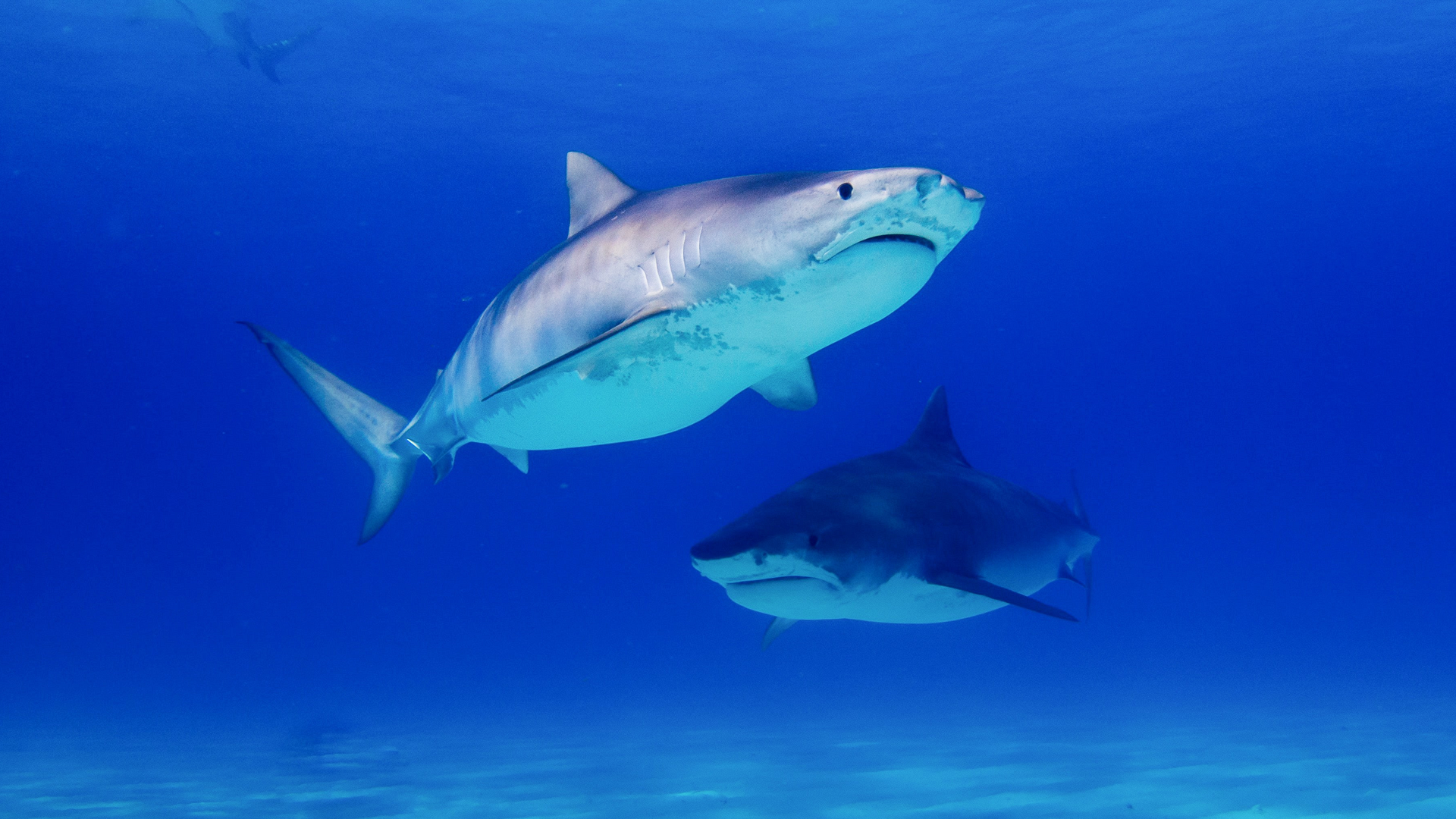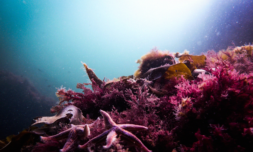Apex predators or protectors? New studies suggest that sharks are absolutely crucial in helping ecosystems recover from damaging climate events.
We all know that removing animals from the food chain can have drastic knock on effects, but I doubt many foresaw sharks as being bastions of biodiversity. They just eat everything, right?
On the contrary, new studies have revealed that sharks are nothing short of crucial when it comes to restoring ocean ecosystems from extreme climate events.
This conclusion was drawn by a cohort of scientists from the Florida International University, the University of Washington, and the Deakin University in Australia.
Sharks ‘Critical’ to Restoring Damaged Ecosystems:
In the same way that wolves & other large predators can prevent overgrazing on land, tiger sharks protect seagrass meadows in the ocean, allowing them to recover & building resilience in the ecosystem. https://t.co/7sytvGW2pE pic.twitter.com/ptdmMNek1v
— Capitals Coalition (@CapsCoalition) March 22, 2021
Studying an extreme marine heatwave in 2011 – which happened to wipe out a quarter of the world’s largest and most diverse seagrass meadows in Shark Bay, Australia – the team wanted to isolate factors that may prolong the damage caused by climate change years on.
Why? Because 10 years on, Shark Bay has still yet to meaningfully recover.
Before long, the team found themselves looking into a mass exodus of sharks in the area and discovered it could’ve been intrinsically linked to the bay’s stuttering recovery.
‘We wanted an answer to the question: can the absence of large predators cause an already bad situation to spiral downwards?’ said the lead author of the study, Rob Mowicki.
After the heatwave killed off most of the seagrass in 2011, the area’s dugong (sea lion) population temporarily left, along with their formidable hunters the tiger sharks. This allowed Mowicki’s researchers to set up a unique field experiment directly within a damaged area of the bay, free from unwanted visitors.




















